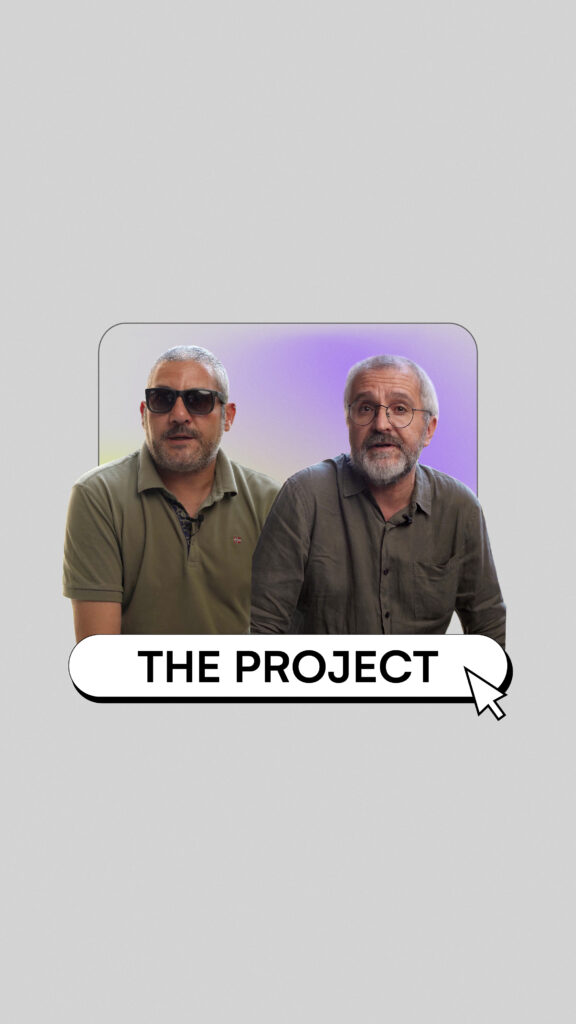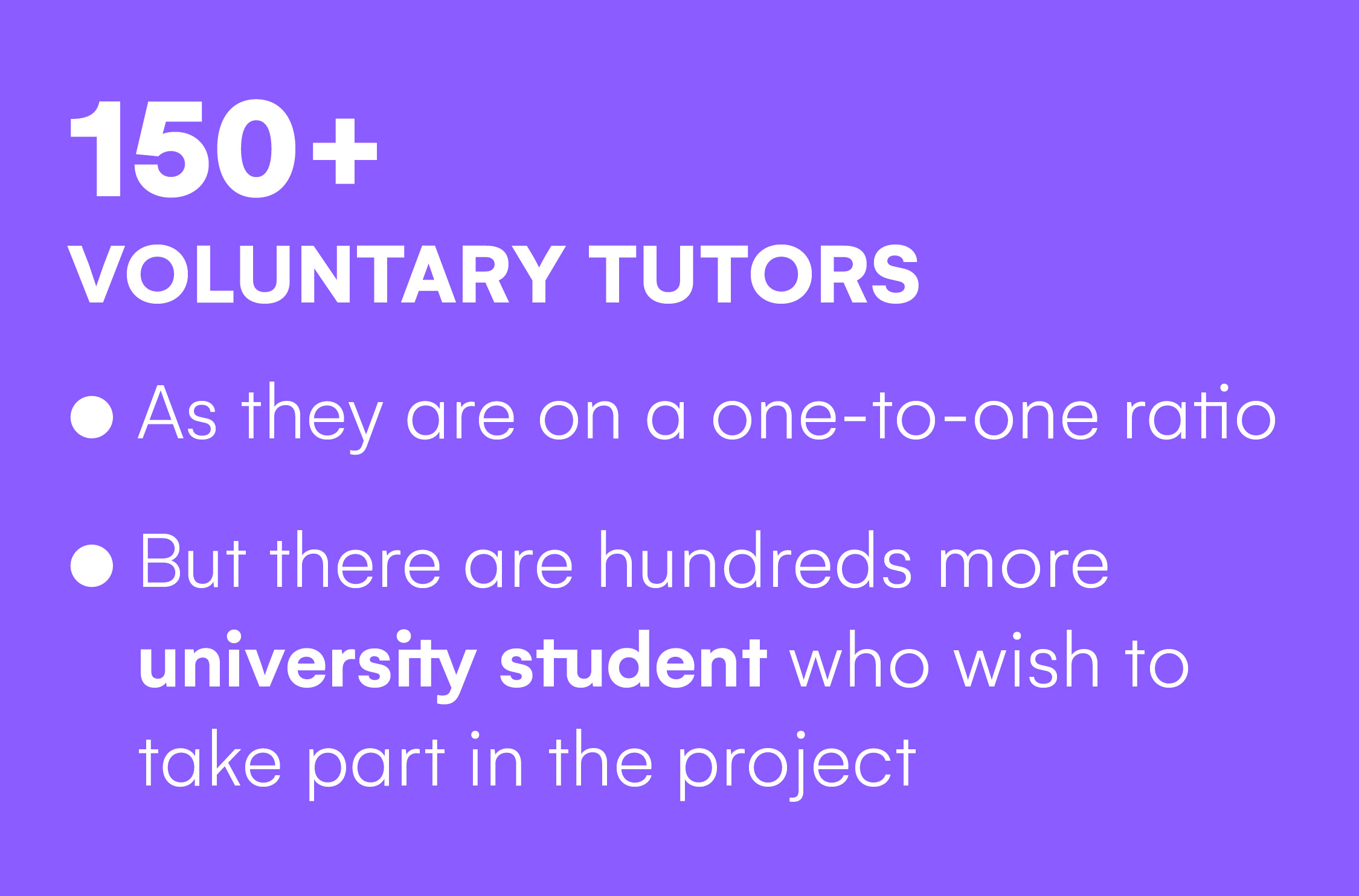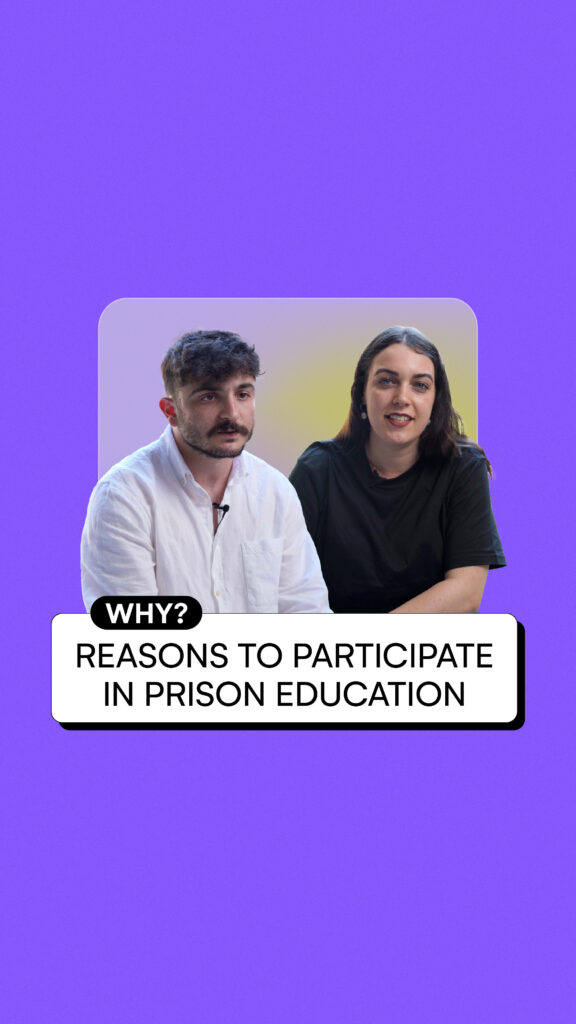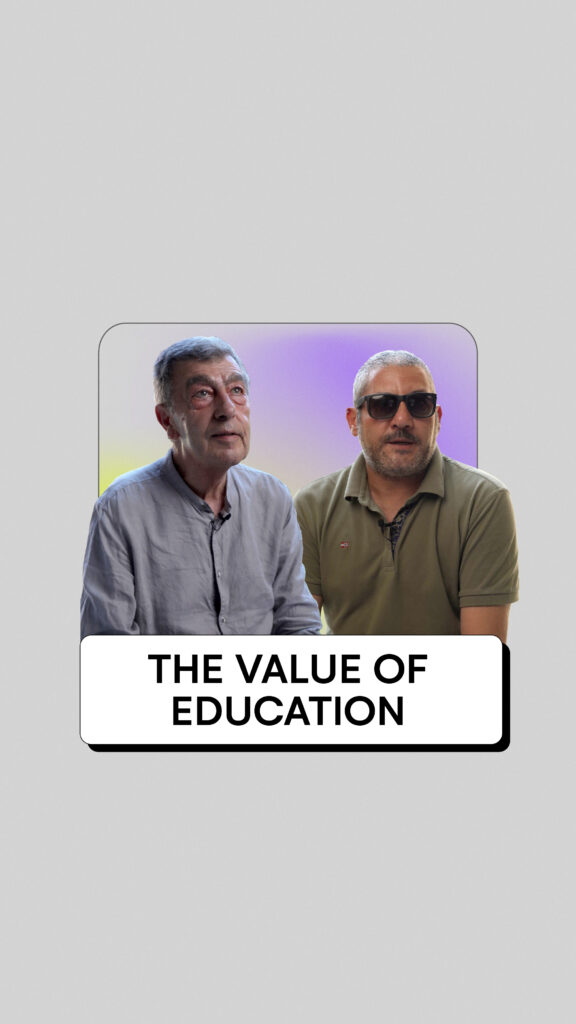“When a book enters prison, a cell opens” – this is what Lucrezia, tutor of the prison education project, told us when she began to tell us about its impact. But how can learning turn a place like prison into a (real) opportunity for redemption?
Progetto Carcere from the University of MIlan is trying to do that by supporting convicts to re-enter society with new knowledge, tools and, most of all, a new consciousness.
From peer-to-peer tutoring to mixed classes seminars held on prison grounds: in this article, you will discover stories that show how education can change the lives of convicts, students, and professors.
Progetto Carcere (literally “Prison Project” in Italian) is a prison education project by University of Milan. From 2015, a group of students and tutors, coordinated by Prof. Stefano Simonetta, Dr. Chiara Dell’Oca and Dr. Caterina Lusiani supports convicts in correctional facilities all over Lombardy to choose and complete a college degree. Because many of them want to be given a second chance by society and they find their answer in studying – and this university is helping them to change their lives through education, as part of its civic responsibility as a public institution.
But what are the pillars on which the Progetto Carcere is based on? How do they make the right to study a reality?
To make university really accessible to all the convicts who are willing to start an educational path.
With mixed classes of “inside” and “outside” students who get to discuss a different range of topics (e.g. What is justice?).
Who twice a month, or even once a week, go into prisons to support and study with their restricted fellow students.
Giulia is a tutor of Progetto Carcere, originally from Rome, which between all the Philosophy courses in Italy expressly chose the one by University of Milan just to take part in its prison education project. What drives her and so many other voluntary students to spend time in prisons to help people who committed crimes to study? It’s not just a matter of curiosity and academic interest, but there’s a whole host of motivations, deeply connected to each person’s story.
Many people hold prejudices about prisons, and it’s no wonder why. They’re closed places, often physically distant from society, only known through media channels, which most of the time provide a blurred and distorted vision, distanced from reality.
So, what is the solution? How to have a correct perception? We have to build civic bridges, relationships between people, between outside and inside. And Progetto Carcere does that by putting at the center of all of its initiatives the interaction between convicts and tutors, by making the human relationship its main pedagogical tool.
There are 11 million people in prison worldwide, 24% more than 20 years ago (UNESCO, 2021).
Formerly incarcerated people are 8 times less likely to complete college than the general public (Prison Policy Initiative, 2018)
It was estimated that in 2020, 65% of all jobs in the economy required postsecondary education (George University, 2013)
This is why prison education projects like Progetto Carcere are fundamental, as they make sure that the right to study doesn’t just stay on paper. For example, there’s Bard Prison Initiative (BPI): an international community of practice which promotes university education in correctional facilities all over the world.
But, obviously all of this is useless if there’s no cultural change: convicts themselves have to believe in the value of education. We’ve asked Massimo and Ambrogio to share their thoughts on the matter.
Related Stories









